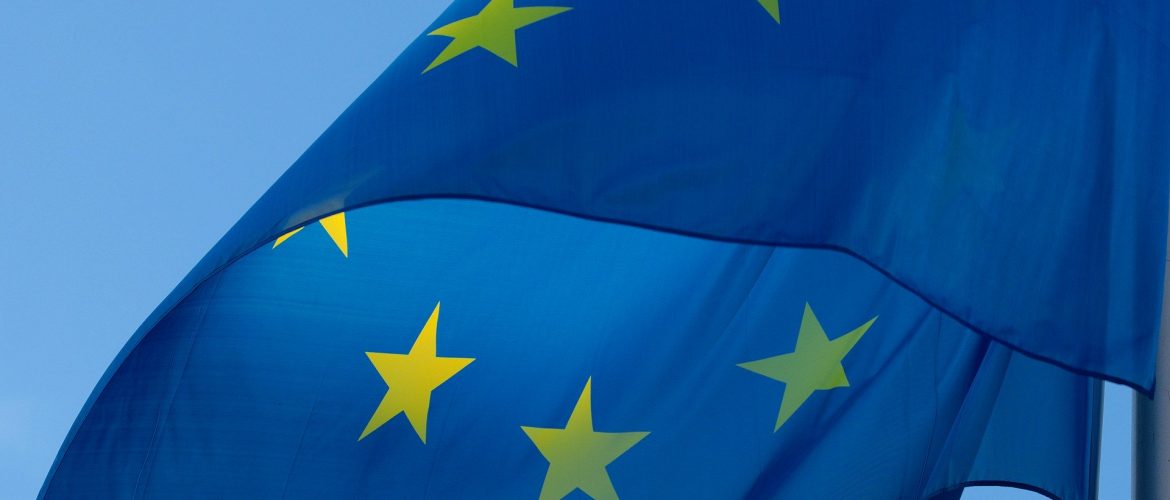The Green Tank participated in the European Commission’s public consultations on the European Climate Pact and the 2030 Climate Target Plan.
These are two distinguishable consultations, which they have the same objective: to mobilize all possible means in order to achieve the goals of the Paris Agreement and keep alive the hope that the global temperature rise will not exceed 1,5οC.
The European Climate Pact, alongside government policies and regulations, aims to engage citizens, local authorities, educational institutions, labor unions, businesses and civil society organizations to take action for the transition to a climate- neutral society. The Pact aims to give everyone a voice and space to act, through various collaborations and joint grassroots initiatives.
The 2030 Climate Target Plan aims to form the policies and measures in order to achieve climate neutrality. The European Commission is calling on citizens and organizations to contribute to the assessment of the way in which the EU target concerning the reduction of GHG emissions by 2030 can be increased. The EU has already enacted climate and energy legislation aiming to reduce greenhouse gas emissions by at least 40% by 2030 compared to 1990 levels. Even though this existing target was considered initially as ambitious, projections demonstrate that if existing laws are fully implemented, then this target can not only be met, but in fact exceeded. Specifically, the Commission, in the context of the European Green Deal, intends to propose that the 2030 GHG emission reduction target should be increased to at least 50-55% compared to 1990 levels. The views of European citizens on the increase of the level of climate ambition and the reinforcement of European competitiveness will play an important role deciding further climate action. At the same time, ensuring social justice, securing access to safe, affordable and sustainable energy, halting biodiversity loss and environmental degradation are equally important priorities that need to be considered.
The Green Tank stressed that if the EU wants to keep its climate leadership and ensure its contribution to retaining the global temperature rise to 1,5oC, it must aim to an even more ambitious reduction of GHG emissions of at least 65% by 2030 compared to 1990 levels and must not limit its options to a 50-55% reduction, which is currently being examined. The UNEP Emission Gap Report shows that to keep the increase to 1,5°C and the climate neutrality target alive, global GHG emissions must be reduced by 7,6% each year. The Green Tank also recommended the increase of the participation of renewables (RES) in the final energy consumption from 32% to 40% and the increase of the energy efficiency target for primary and final energy consumption from 32,5% to 40% by 2030. In fact, the overall European climate ambition should be aligned with both scientific data and the commitments of the Paris Agreement and should take into consideration the cost of non-action or insufficient measures.
The contribution of each economic sector in forming more ambitious targets is important. The building sector must be a top priority, because there is high potential of GHG emissions’ reduction while also responding to energy poverty and raise people’s quality life. The energy sector, which is still based on fossil fuels despite progress made in recent years, remains very important as it represents the 75% of the total EU emissions. The electrification of the final use of energy in combination with energy efficiency, RES development and decarbonization can significantly contribute to the energy transition. At the same time, it is obvious that fossil gas, which is a fossil fuel, cannot be regarded as a transition fuel because its use makes the accomplishment of the targets of 2030 difficult and in the long run locks in resources that could be used to improve energy efficiency and the development of clean energy technologies in all economic sectors.
Transportation, industry, agriculture, services, forestry and waste management are the next , in order, sectors on which European policy must focus to achieve the 2030 climate targets.
Undoubtedly, the energy transition will seriously influence local communities and local economies. Hence, the Green Tank emphasizes the importance of the existence of various and varied financial instrument to support the sustainable and just transition of local economies. On the way to climate neutrality no one should be left behind.
The Green Tank’s contributions to the consultations are available here and here.




















































































































































































































































































































